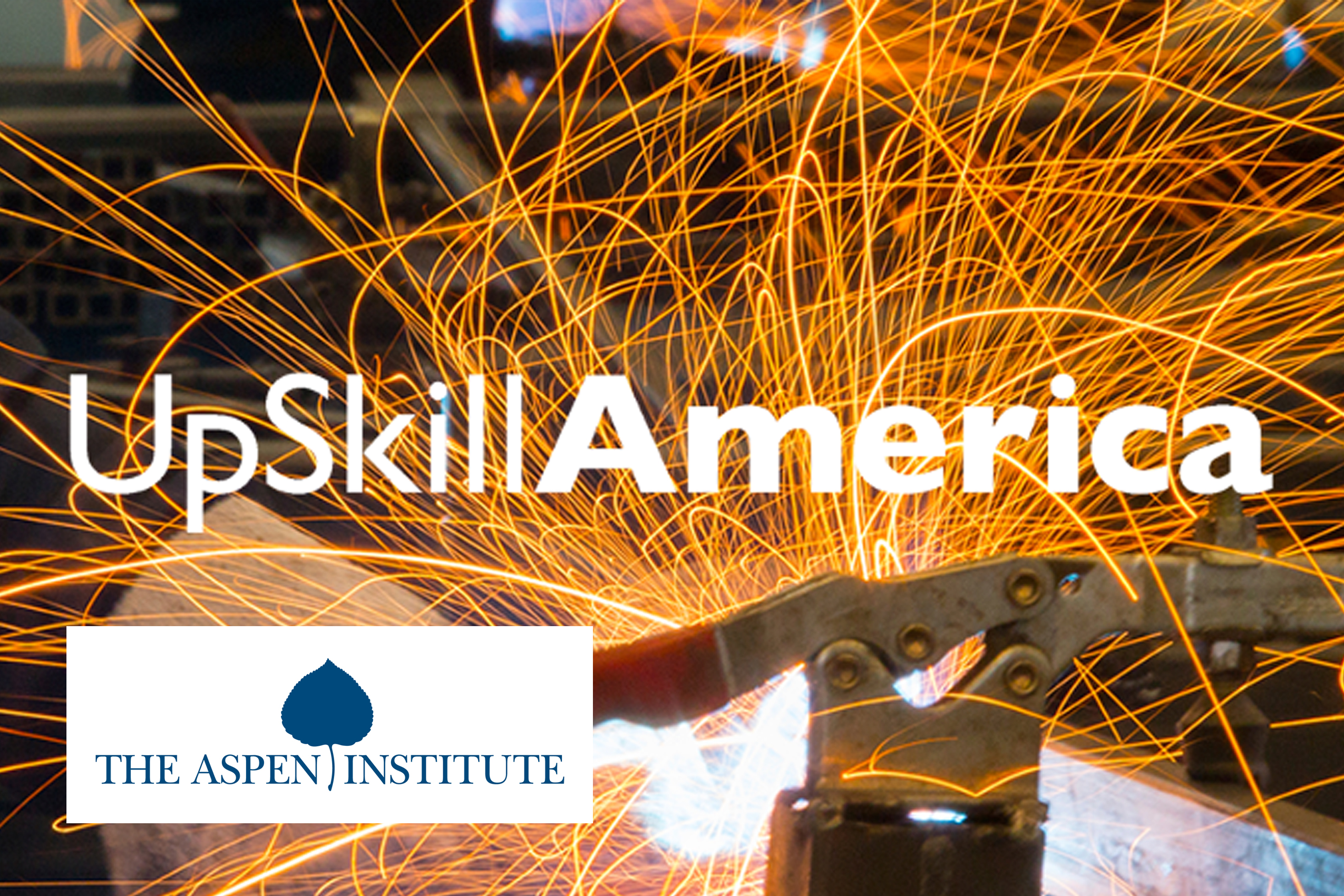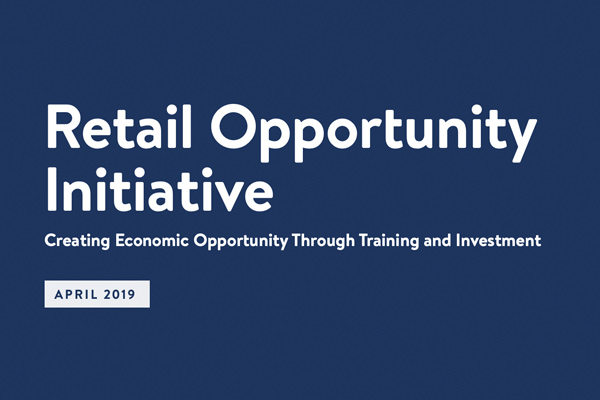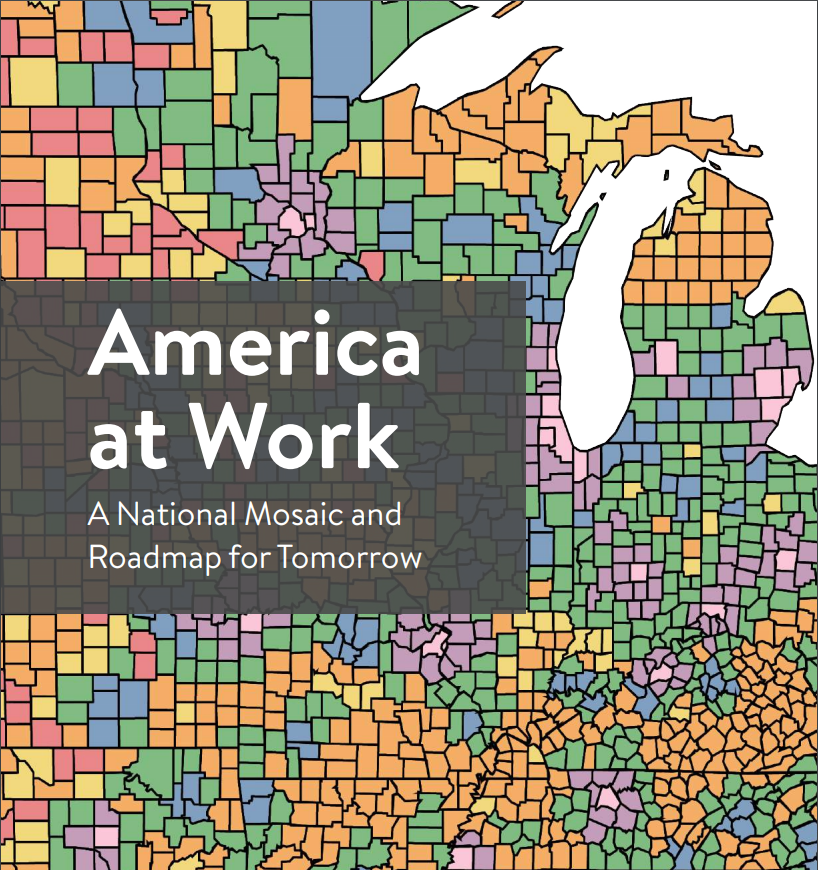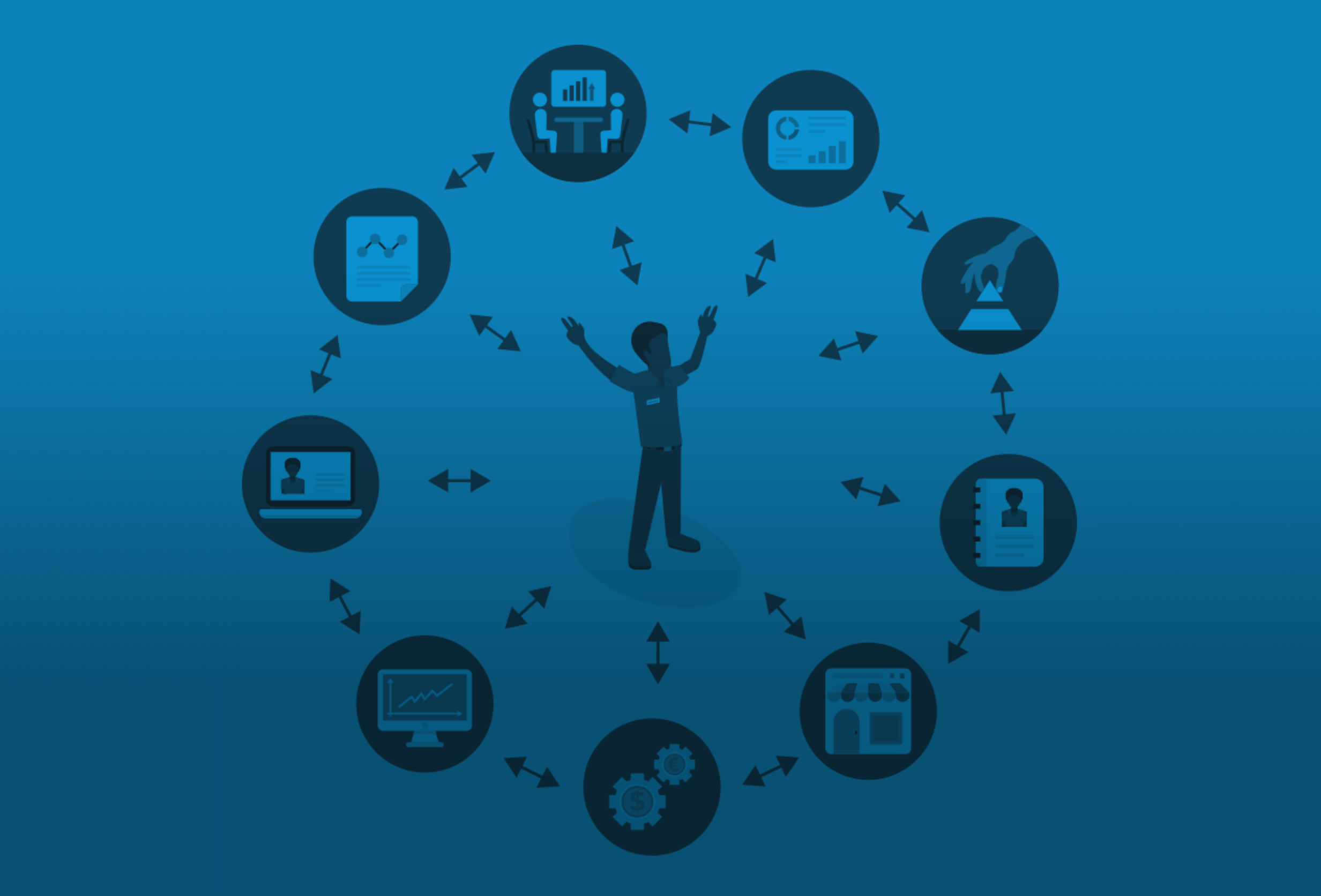Creating Opportunity

Retail is a people business. At its heart, Walmart is a company built on people working together to do extraordinary things and make the world a better place.
We also know the retail industry gives millions of Americans the chance to develop skills that lead to promotions, higher pay and career opportunities beyond an entry-level role.
Walmart’s philanthropy and the Walmart Foundation, collectively known as Walmart.org, are recasting frontline roles as places of opportunity where everyone can learn, advance and belong, regardless of where they start or what they aspire to.
Ultimately, Walmart believes the U.S. needs to transition to a workforce system that recognizes and values all the skills people possess in the same way it recognizes and values college degrees. This gives talented, skilled workers who do not have degrees the same benefits as people who do. Greater workforce opportunity, in turn, helps drive the U.S. economy so people can live better.
Walmart leads through its business while Walmart.org’s philanthropy invests in change beyond the company. Our Walmart.org Retail Opportunity strategy includes four pillars.
- Adoption of skills-first people-led, tech-powered practices
- Quality data and insights into workers’ skills
- Narrative shift illustrating the business case for skills-first practices
- Data Mobility to communicate skills between tech systems
This work started with our Retail Opportunity Initiative – the Foundation’s initial five-year, $100 million philanthropic effort from 2015 to 2020 geared toward accelerating careers in retail and related sectors.
We’re proud of how this work has continued. Over the last five years, Walmart.org has invested over $140 million in frontline skills-based advancement while collaborating with leading nonprofits, employers, government agencies, educational institutions, associations, tech providers and other key funders.
Our Focus Areas
Walmart.org is leading the skills evolution and bringing other stakeholders along for the journey. As a member of the Business Roundtable’s Multiple Pathways Initiative, we have engaged with 80 leading companies alongside nonprofits to provide toolkits, best practices and resources to better implement skills-based practices.
This work is helping businesses adopt practices that provide opportunities for advancement, which leads to a stronger business. Outcomes can include larger external talent pools or greater investment in developing their existing workforce.
Recent Grant: FSG – $1.35 million
This grant will help FSG build a network of nonprofits able to assist local businesses making the transition to skills-based hiring and promotion practices. This includes piloting a new Action Lab that engages employees in change management and mindset shifts.
FSG is a long-time Walmart grantee, having also received grants to support initial groundbreaking research on frontline workers and funding for the Talent Rewire initiative.
Recent Grant: Skills for Chicago - $450,000
Skills for Chicagoland’s Future is helping local employers adopt a skills-based hiring model.
This Walmart grant provides training so employers can better serve job seekers, hiring partners and local community partners. The funds are also supporting the integration of a centralized applicant tracking system into the nonprofit’s learning platform – a move that will increase efficiency, efficacy and visibility into the hiring process.
Traditionally, college graduates have an advantage in the job market because employers can use their transcripts and degrees as proxy for skill. To level the playing field for those without college degrees, the U.S. should create a skills-based system that verifies and showcases peoples’ skills and experience.
This system starts with quality data and verified credentials that accurately represent all the skills people have. That way, employers are making hiring and advancement decisions based on data that shows a more complete picture of the skills someone has, not just the formal education they have or have not completed.
Quality data also gives learners insights so they can pursue credentials and get the skills they need to accelerate their desired career path.
Recent Grant: Education Design Lab – $2.15 million
We invested in Education Design Lab's micro-pathways program, which brought together 30 community colleges, learners, and employers to create short-form credentials that lead to jobs paying at or above the local median wage.
Micro-pathways are stackable, short-form credentials that give employers a better understanding of the skills and accomplishments of job applicants while also catering to the needs of workers.
Walmart also supported other Ed Design Lab initiatives, like X-Credit, which assesses skills obtained through experience. Our contribution to their Community College Growth Engine Fund will go towards three projects: validating skills gained through experience, creating market-driven microlearning pathways, and developing micro-pathways for "opportunity youth" in partnership with Unlock Potential.
Recognizing skills, no matter where they were acquired, requires more than the technical components of the system to change.
According to a study funded by Walmart, only 15% of HR professionals placed high value on non-degree skill credentials and only 31% believed they improve worker performance. That contrasts with executives (93% place high value on skills; 70% believe they boost performance) and supervisors (83% and 53%, respectively).
We have to change mindsets and behaviors of all stakeholders – learners, academics, hiring managers and many more. To do this, we invest in research, communities of practice, and campaigns that build the case for a skills-based approach.
Recent Grant: Opportunity@Work – $2 million
Opportunity@Work has a mission to rewire the U.S. labor market so all skilled individuals without degrees can work, learn and earn to their full potential.
This grant supports their Tear The Paper Ceiling campaign, which showcases the talents of the 70 million Americans who do not have degrees but are skilled through alternative routes – or STARs.
With this campaign, Opportunity@Work uses targeted ad campaigns and storytelling to raise awareness about the value these individuals bring to the table, with a goal of influencing hiring and mobility practices.
Walmart.org is creating a world that looks at all the skills people possess, not just their degrees. To make that a reality, the U.S. needs an ecosystem where employers can easily access workforce data that shows the full set of skills workers have, while giving workers the ability communicate those skills to both people and hiring systems.
To create more opportunities for everyone to advance, we need integrated workforce systems that support more sophisticated models for career navigation, learning pathways and job matching.
Recent Grant: Massachusetts Institute of Technology – $1.6 million
The Digital Credentials Consortium (DCC), hosted by MIT, used this Walmart grant to establish a coalition of national organizations, representing different stakeholders. The coalition created a map of the infrastructure required to respond to the needs of today’s workforce system.
The map includes real-world use-cases to demonstrate:
- How digital credentials can address real challenges in the workforce system
- Provide criteria to help stakeholders select workforce development programs most suitable for the deployment of digital credentials
- Serve to guide others implementing pilots.
This will make it easier for stakeholders who are building a tech-enabled system to more clearly collaborate and build upon each other’s work. As result, a growing number of employers will be able to start exploring how they can integrate digital credentials in their hiring and talent practices.
Recent Grant: Rockefeller Philanthropic Inc. – $5 million
This Walmart Foundation grant will enable Rockefeller Philanthropic Inc to lead local pilots that test the flow of information to and from skills-based systems with real workers and employers in 5-8 communities across the country. These systems include applicant tracking programs, academic learning management systems and internal HR systems, as well as modeling across networks from state-to-employers, school-to-state and employer-to-school.
Applications are by invitation only for 501(c)(3) organizations (or equivalent organizations outside the U.S.) whose work directly relates to the above focus areas.
Unsolicited proposals will not be accepted.
Reference and Research
Check out some great resources and collaborations on how to create economic opportunity.










